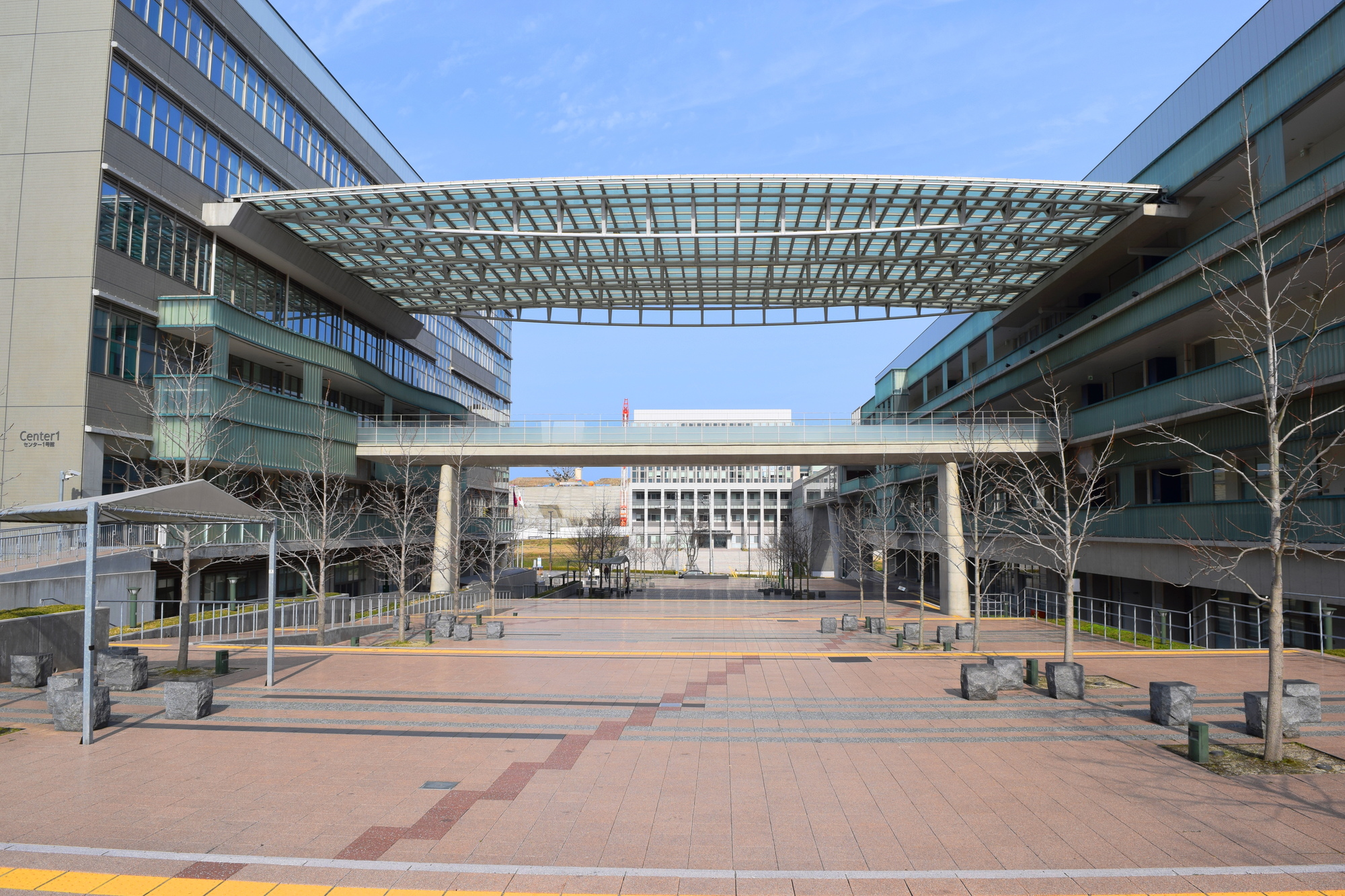Eco-Chill Survey (National Survey on Children's Health and Environment) conducted at Kyushu University The Kyushu University Subunit Center investigated the relationship between medical substances handled by parents during their occupation and childhood cancer in children born to the age of three. The results suggested that the handling of anticancer drugs by pregnant women may be related to the development of childhood leukemia.
In the Eco-Chill survey, the Ministry of the Environment and related organizations are working together to track the relationship between children's health and chemical exposure, targeting approximately 10 parent-child pairs nationwide.This research team has previously used data from the Eco-Chill survey to analyze the relationship between medical substances handled by parents during their occupation and the incidence of cancer in children born to the age of 1, but no clear association was found. There wasn't.This time, we have reexamined and reported the relationship between medical substances handled by parents during their occupation and the development of cancer in children from infancy to age 3.
As a result of an analysis of 93,207 children for whom data were available, 1 (1,291%) children were born to pregnant women who used anticancer drugs for at least half a day or at least once a month during pregnancy. Four of the children developed leukemia.The incidence rate was 1.4 per 4 people, which was higher than the incidence rate for children born to pregnant women who did not use anticancer drugs (10 per 309.8 people).Even in a multivariate analysis that takes into account factors such as birth weight, it was estimated that the risk of childhood leukemia in children of mothers who had used anticancer drugs was about 10 times that of other children, and that the risk of childhood leukemia in children of mothers who had used anticancer drugs was approximately 27.2 times that of other children. It was suggested that the handling of the drug may be related.
On the other hand, multivariate analysis did not show a clear increased risk in children whose mothers had used radiation or anesthetics.Additionally, children of fathers who handled the three types of medical substances listed above did not develop leukemia or brain tumors.
This study has limitations such as the lack of clarity on the manner, time, and amount of handling of medical substances, and the small number of children involved, so further detailed investigation is necessary. It is hoped that this report will contribute to the elucidation of the causes of childhood cancer, as it suggests the possibility that chemical substances used for treatment may be involved.
Paper information:[Blood] Pediatric leukemia and maternal occupational exposure to anticancer drugs: The Japan Environment and Children's Study

